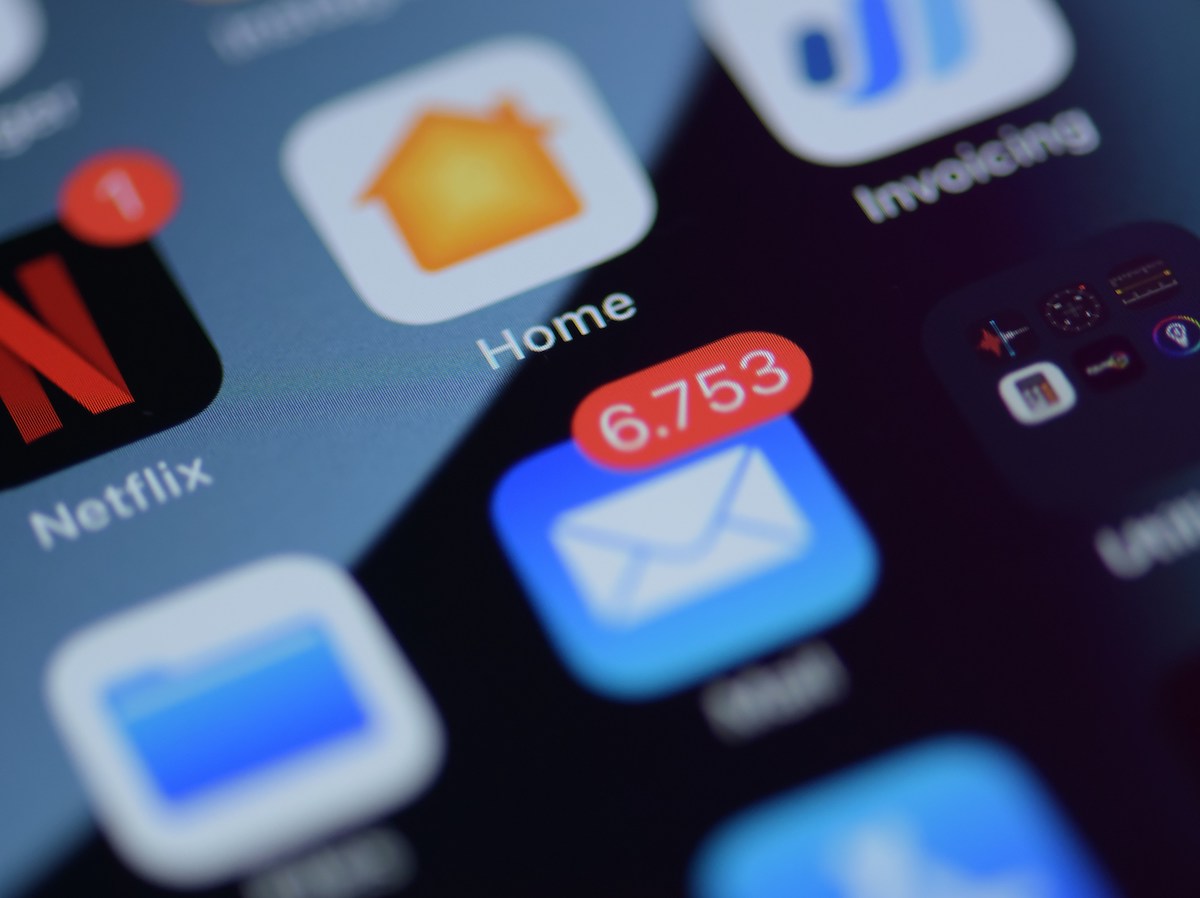I often work with clients who confess they are drowning in email and need help staying on top of work. The theme of our coaching sessions is always helping them to focus on what’s important, namely how they add value in their role. But when we are bombarded by an incessant flow of email, notifications, alerts and requests it can feel like we are flighting an unwinnable battle.
Overwhelmed by work
Recently, a client admitted that he had almost 100,000 unanswered emails in his in-box. This wasn’t stated as a badge of honour, to win that game of one-upmanship, or as a status symbol – he was quite matter of fact. He said that it had reached the point where he ignores emails and waits for someone to phone him. He then searches for the email thread. After taking a mental note not to email him my invoice, I asked how he copes with the stress. He replied that it didn’t bother him. But, I suspected it did because he’d come to me to help him be more effective in his role and to enhance his organisational skills.
What gets your attention?
We live in a busy world. There are constant demands on our time and energy. What was once viewed as multi-tasking has morphed into continuous partial attention. It’s all too easy to feel overwhelmed or a sense of resignation. Managing ourselves and our time can feel like a multi- dimensional game of chess. We try our best to manage complexities and dependencies, but our effectiveness is often tethered to how other people play the game.
The fundamentals
Before I share some specific email best practices, there are 3 fundamentals to managing our time and our effectiveness.
- You need some sort of task list or ‘to do’ list. Ink it, don’t just think it! This frees up your brain so you don’t have to worry about remembering stuff. Crossing items off your to do list also gives you a sense of achievement, even if more tasks are added as you go.
- Reduce distractions. This usually means putting the phone down or turning off notifications and alerts that are desired to grab and retain your attention.
- Know your priorities. You will always be reacting to daily urgencies and other people’s requests when you are not clear on how you add most value in your role.
Email best practice
Hoping that ‘emails are quiet today’ is not having an email strategy. So what is?
- Don’t check email first thing, action one of your priorities. Remember email is a to do list that someone else has written for you.
- When you check email, aim for the one touch approach.
– Can it be deleted?
– Can you action/ respond straight away? This also helps others be more productive.
– Can I immediately file it away?
– Can I delegate it straightaway?
These actions are the 4 Ds – do it, defer it, delegate it and delete it. - If something is more complicated or involved send a holding response to acknowledge receipt and manage expectations.
- Schedule 30 minutes a week for an email ‘clear up’ and ‘clear out’ session (aka mop up and follow-up!) I do this on a Friday afternoon and it gives me a sense of closing out the week.
But here’s the difficult truth when it comes to email. At no point will you be on top of things. It’s unlikely your inbox, or ‘to do’ list will ever be empty. Accepting this can make us realise that at no point will we have more time, unless we make the time.
If you would like more tips on effective time management email me and I’ll send you my Time Management and Organisational Skills Tip Sheet


Recent Comments